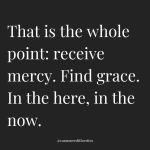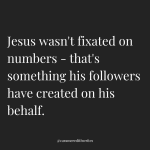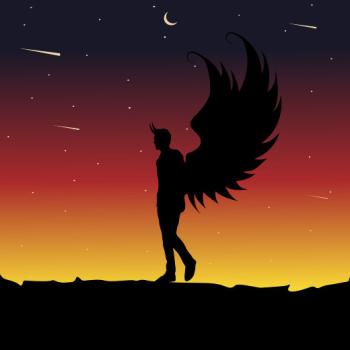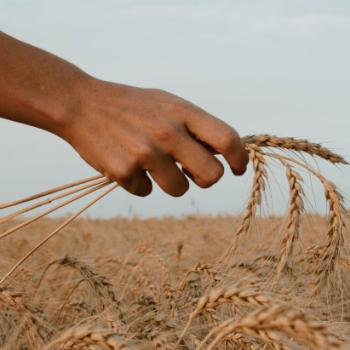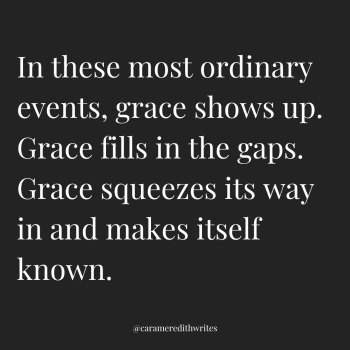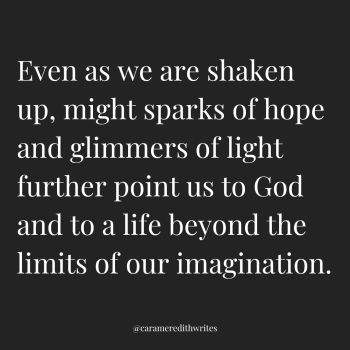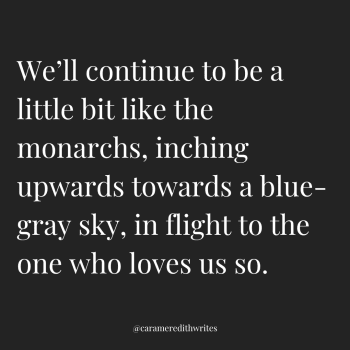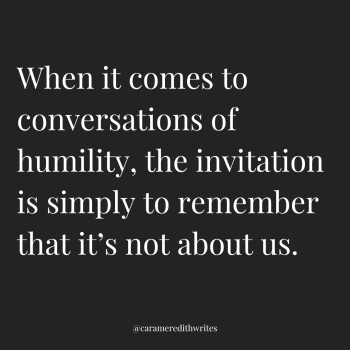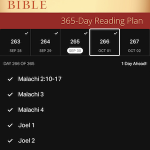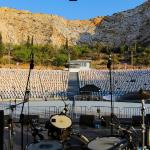A sermon from March 13, 2022, given at St. Paul’s Episcopal in San Rafael:
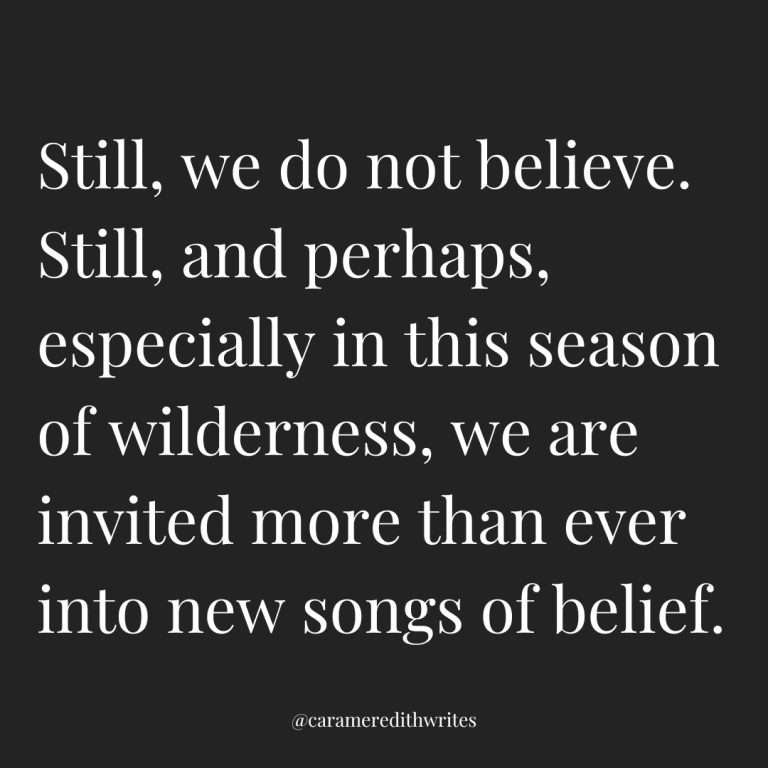
Sometimes I secretly call my son’s soccer team the Underdogs.
They’re all heart. They go out there, emotions written on their sleeves. They chase after the ball. They epitomize the term, “bruiser.” They do these tricky things with their feet, when they have the ball – it’s kind of like kick to the back, no, to the side, nope, around my left foot, and look, I emerge victorious, a kind of fancy footwork soccer move.
I can barely keep up.
In yesterday’s game, as in the week before it and the weeks and months prior to that one, they didn’t win. In fact, they don’t exactly tend to win most of the time. I think their record includes a whopping 3 or 4 wins since the fall, one of which happened because the other team didn’t show up.
According to some, they’re not exactly emerging with trophies galore or gallons of Gatorade dumped over the coach’s head.
But they do keep showing up. They do keep chasing after the ball. And they do keep believing that their job is to play their hardest, and learn some things, and do their best, and have fun along the way, whether they win or lose …even if we’re all not-so-secretly hoping for a win.
Until that win comes, they onto belief because it’s the only thing they’ve got.
Now, I’m not trying to knock my son’s soccer abilities, because it is nothing short of a delight to see his athletic prowess of a dribbly soccer thing, as my own skills tapped out in the second grade or so. But I do notice of that thing called belief, especially when it comes to the season of Lent and this week’s readings.
Belief: it’s being certain of things hoped for, a clinging-to of that which we cannot see.
Belief lives at the heart of Abram’s interaction with the Lord. God brought Abram (later, called Abraham, outside and pointed to the night sky above: “Look toward heaven and count the stars, if you are able to count them”). From that instruction alone, Abram believed the Lord, even if he posed a thousand questions afterwards. Still, he kept believing. He kept showing up to be with God. He kept believing that what God said would come true in the end.
It’s the same with the psalmist and with the questions that open the song: The Lord is my light and my salvation …who shall I fear? The Lord is the stronghold of my life ….of whom shall I then be afraid? Because of belief, the one who sings is able to cling to a knowledge of the very thing he does not know for sure, but is also, 100% certain will someday happen in the future, that he will live in the house of the Lord all the days of my life, (and) behold the beauty of the Lord, and to inquire in his temple.
We see this in the passage from Philippians, courtesy of the future transforming and conforming Paul believes will happen. This is also present in the two Gospel passages when Jesus criticizes the unbelief of the man from the crowd (and the people as a whole), but heals his son just the same. Here, I think, we’re also given insight into the true nature of God: Jesus’s nature, yes, is all-loving, but as God and man, Jesus also experiences a full range of feelings, including feelings of frustration that the people who’ve been listening and learning from him, following him and dropping everything to be with him still. Just. Don’t. Get. It. One. Iota. Of. The. Time.
If you could see my manuscript, you’d see a period after every word in that sentence: for emphasis – the. People. Still. Just. Don’t. get. It. One. Iota. Of. The. Time. And it makes me wonder if we humans, 2000 years later, any different. Probably not.
Still, we do not believe. Still, and perhaps, especially in this season of wilderness, we are invited more than ever into new songs of belief.
I believe, the psalmist writes, that I shall see the goodness of the Lord in the land of the living. So, wait for the Lord; be strong, and let your heart take courage; wait for the Lord!
It is Lent, after all. It is a season of waiting, to be sure.
Because even in the midst of what feels like a particularly, still messy season of life – the two-year anniversary of the World Health Organization declaring a global pandemic; the attack and invasion on Ukraine by Russia, which, according to one recent Christianity Today article, means that Christians should pray for Putin’s demise; and a host of other realities that make it all feel like too much sometimes – we are still here.
And we, as beloved children of God, are still invited to believe that what God said will happen –that everything wrong will be made right again – will come true in the end.
Yesterday, on the way back from that glory-filled, all-belief, still lost 5-2 soccer game, we started playing the Trolls soundtrack in the car. If you haven’t heard it, I wouldn’t exactly recommend moving it to the top of your list, but it does make for rather enjoyable family dance parties, in the car and otherwise.
As we drove (and danced) through the Alameda tunnel, back towards Oakland, a remake of the old Disney classic, “It’s a Small World After All” started playing. As a child, I remember the Small World ride and the annoying song that played over and over again, poppets bobbing up and down, eyes-bugged eyed, the chorus that haunts your dreams for the next 1,942 minutes.
But yesterday in the car, the song wasn’t so staticky. It wasn’t so robotic. It was just, instead, truth.
It’s a world of laughter, a world of tears,
It’s a world of hope and a world of fears
There’s so much that we share that it’s time we’re aware
It’s a small world after all.
And wouldn’t you believe it, as we drove through the tunnel, I belted that song out like my life depended on it. Tears came to my eyes, as I thought about the invitation present in that song, maybe because I heard it anew for the first time.
It’s an acknowledgment of the messy: yes, Abram, I see you in your childlessness, the only heir of your house a slave named Eliezer of Damascus. Yes, friend, I see you in this hard place, when you’re in survival mode and you don’t know which way is up and which way is down. Yes, I see your helplessness, your desperation, your tears.
And I extend an invitation to trust, in this season, in this now, in this today, that I am still here. That I am still present in the midst of brokenness, for ours is not an either-or world, but it’s a both-and kind of place we find ourselves living in: laughter and tears, hope and fears, all of the above. That you can believe that what I said will come true, that everything wrong will be made right again. That we, in our small, small world, are in this together.
So, we enter in and we say yes, even if our questions fill the page and we’re still not quite sure that what God said will ever, actually come true.
In this season, we choose trust and belief, and we do the only thing we can: we take one step forward, one minute, hour and day at a time, over and over, and yet again, over again.
Amen.


